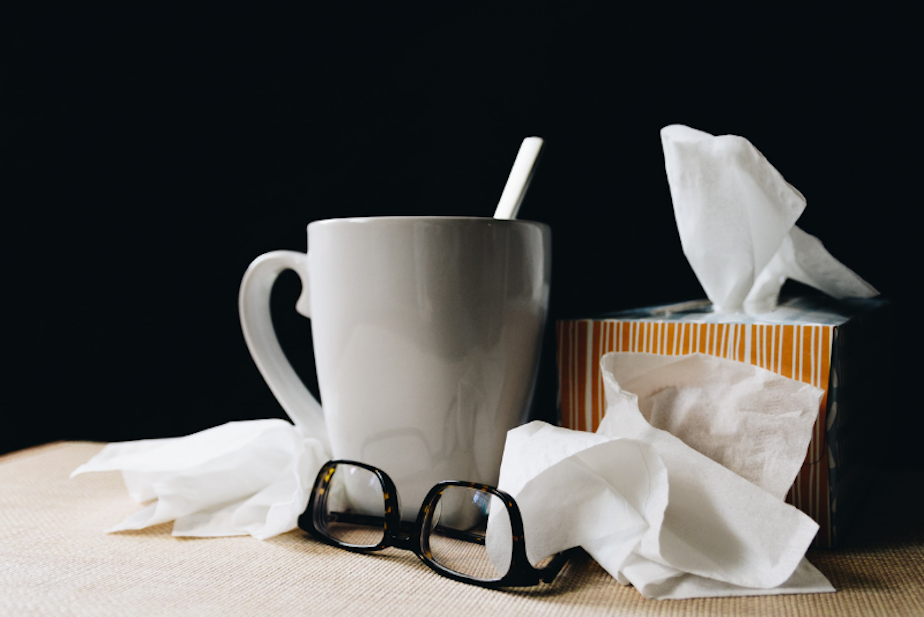Colds aren’t just colds. They’re a big driver of pediatric hospitalizations

Colds are back.
A lot of kids are going to school for the first time — not just kindergartners, but first- and second-graders who did their first couple of years of school at home. And on top of that, fewer and fewer kids are wearing masks.
Taken together, all that means that kids are getting sick.
Some people say that’s a good thing: Kids need to build immunity to common viruses. But Dr. Janet Englund, a professor of pediatric infectious diseases at the University of Washington and Seattle Children’s, said it’s more complicated.
For one thing, there are just so many viruses in the world that being exposed to some of them doesn’t mean you’re immune to the others. A vaccine can be designed to provoke immunity to a group of viruses — but antibodies that come from getting sick usually only work as a defense against one specific virus.
So, Dr. Englund said, it didn’t hurt kids to not get colds for the past couple of years, thanks to everyone wearing masks and avoiding large gatherings. It meant they could keep eating and learning and playing.
“For my own child, I don’t want him or her to be sick,” she said. “I want them to be healthy. I want them to be able to go to school, to be able to go to childcare, to learn, to eat, to grow and develop.”
Dr. Englund said it’s especially important not to expose babies under six months old to upper respiratory infections.
“Little babies who don’t have big noses or airways, and their noses fill up with mucus, and it makes it hard for them to breathe,” she explained. “And if they can’t breathe, they can’t eat. And if they can’t eat, they can’t gain weight and learn. So, before the age of six months, we really do want to protect our babies as much as we can.”
Even for older babies and children, Dr. Englund added, the problem with colds is that they aren’t always mild.
“People say, ‘Oh, it’s just a cold,’” she said. “Well, actually, if you look at it, the rhinovirus [rhinoviruses cause many colds] is responsible for many, many hospital admissions at our hospital — Seattle Children’s Hospital — and around the world. I mean, the kids can’t breathe. If you can’t breathe, you need some help.”
Englund said, in recent decades, respiratory illnesses have become the main cause of hospitalization worldwide, displacing diarrhea. That’s because clean drinking water and outpatient oral rehydration have cut down on life-threatening bacterial illnesses. But, at least for now, colds and flus and sniffles are an inevitable side effect of living in an urbanized society.
But Englund wishes they weren’t. What she wants is for kids to be able to develop antibodies to the most common respiratory viruses without having to miss school or daycare, or risk getting really sick.
That would require vaccines.
Vaccines for the most common cold viruses don't exist yet, but scientists are working on it, and Englund is hopeful they'll be available soon.
“Maybe we don’t need a vaccine against every virus, but if we could have a vaccine against three or four, we would have really good progress,” she said.
Englund said there's "real excitement in the vaccine world" right now, because the advances made in vaccine technology during the development of the many coronavirus vaccines could help the scientists working on vaccines against the other common viruses that cause respiratory infections.
Once those vaccines are available, she said, the ideal would be for kids to get vaccinated against common flu and cold viruses and then be exposed to the actual virus. That would boost their immunity without them ever risking hospitalization.




